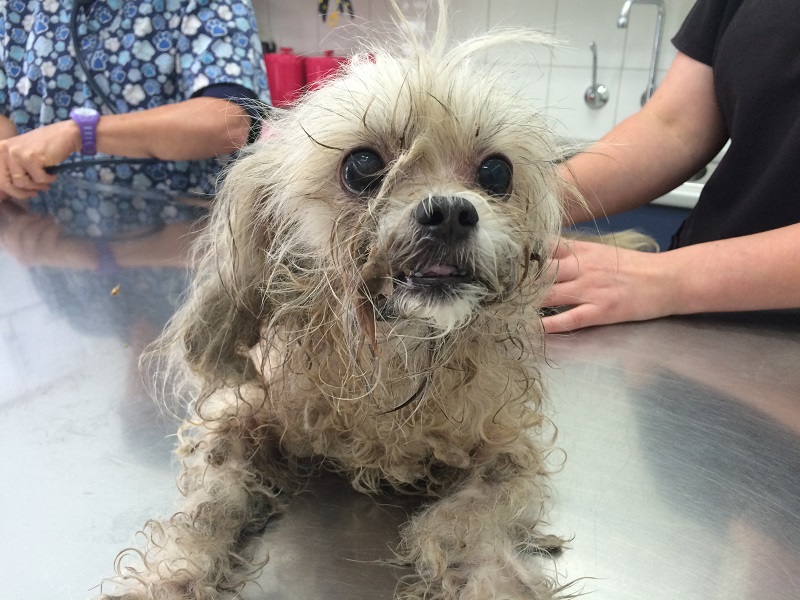Don’t leave your pets in the car: RSPCA and RAA unite in bid to prevent more tragedies
December 07, 2018Concerned by passers are reporting an average of five animals a week to RSPCA South Australia as being at risk because their owners have left them inside a car. More than 95% of the animals are dogs.
With summer now here, RSPCA South Australia and the RAA have combined forces to remind people not the leave their pets in the car.
While RAA callouts involving animals in cars are mainly from motorists who have accidentally locked their animal in the vehicle, calls to RSPCA SA’s Cruelty Report hotline are from members of the public who have noticed animals inside cars, some showing signs of heat stress.
In the 12 months to the end November this year, RSPCA SA received 302 reports of animals left inside vehicles and at risk of heat stress. While most were dogs, there was also a bird, eight cats, one horse (in a horse float) and a truckload of chickens.
The number of reports related to animals left in cars has been around 300 a year for the past couple of years, with most reports received in the months of December, January and February.
RSPCA South Australia Chief Inspector Andrea Lewis said she found it disturbing that the number of reports remains so high, especially during summer.
“Running into a store for just a minute or popping in to say a quick hello to a friend can be fatal for any animal left in a car.
“Even on mild days, even with the windows partially open and the car parked in the shade – and remember, shade moves – animals will suffer and potentially die inside that vehicle.
“When it’s 21 degrees Celcius it can get up to 43 degrees Celcius inside a car.”
In the past four years, RAA patrols have attended an average of 157 call outs a year for animals locked in cars. RAA Senior Manager Road Safety Charles Mountain said the overwhelming majority of RAA call outs – including 46 last summer – were a result of pets being accidently locked in vehicles.
This included a dog that had stepped on a remote locking device left in the car console by the owner.
“While a member of the RAA patrol team was attempting to enter the car the dog accidently stepped on the device again, unlocking the vehicle,’’ Mr Mountain said.
Some tragic cases have resulted in prosecution, including one where a woman left her two dogs inside the car while she visited a relative in hospital. One dog died but the other – Zoe – miraculously survived, and was subsequently adopted.

Anyone found guilty of an offence of this type faces up to four years imprisonment or a $50,000 fine, as well as a prohibition order to own animals in the future.
Dogs are particularly at risk of overheating inside a confined space such as a car because they pant to cool down, which further increases the temperature. And some dogs are more prone to heat stress than others. Dogs with short faces (such as Pugs and Bulldogs) suffer more in the heat because their restricted airways make it difficult for them to breathe. Overweight, thick-coated and elderly dogs are also more at risk.
“For dogs, cars too easily become coffins – it’s just never worth the risk,” Ms Lewis said.
“Please – leave them home, inside with the air-conditioner on if it’s hot, but at the very least they must have shade available all day and access to multiple sources of clean, fresh water.”
Dog owners are reminded to also check the temperature of surfaces when exercising their animals on warmer days, and to avoid exercising in the middle of the day.
“Try the five-second rule by placing the back of your hand on the walking surface for five seconds. If it’s too hot to hold your hand there for five seconds, then it’s definitely too hot for your dog,” Ms Lewis said.
Dogs transported on the back of utes also suffer in hot weather as ute trays become hotplates. RSPCA advises against transporting dogs on the back of utes because of exposure to weather and the risk of injury.
RSPCA South Australia encourages people to take the pledge at www.justsixminutes.com.au.



